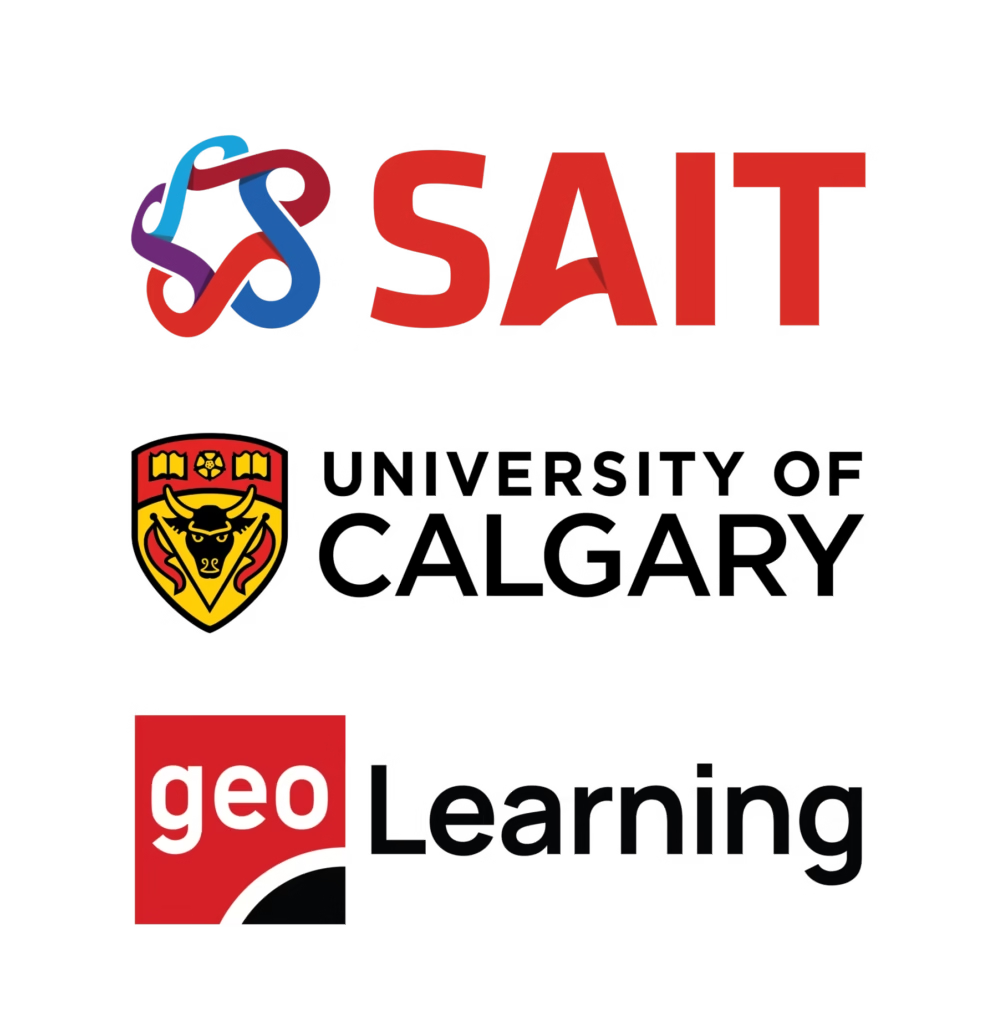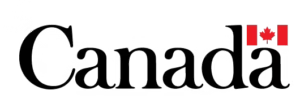Canada is a proven world-leading energy supplier with an immediate need to act on climate change commitments. CCUS is a significant opportunity to help achieve these goals. Be a part of the solution and join Canada’s emerging energy future with TACTILE (Talent Acceleration and Career Training in Low-carbon Energy).
TACTILE is a national training program which will close the skills gap for employers in the carbon management and low-carbon energy industry. The program provides a hybrid educational experience through in-class, online, and on-site field training opportunities available to students across Canada. Students can choose between five engaging training options, with a focus on carbon capture, utilization and storage (CCUS).
Training is provided by three leading experts in energy education:
- University of Calgary
- Starts January 2026
- Southern Alberta Institute of Technology (SAIT)
- Starts May 2026
- geoLOGIC Systems
- Starts February 2026
To be eligible for the TACTILE program, you must be legally entitled to work in Canada and be a Canadian citizen, permanent resident or have refugee status.
Registration now open!

Where do I Fit: Pick my Program
University of Calgary, Schulich School of Engineering
- I am an engineering post-grad
- Graduate Certificate in Carbon Capture, Utilization and Storage, Schulich School of Engineering CCUS Graduate Certificate (Program starts January 2026)
-
- Full scholarship available, minus registration fee
- For post-graduate engineering students or workers in early career stages looking to specialize in low-carbon sectors like CCUS, this could be the program for you.
- A Bachelor of Science in Engineering or equivalent required.
- In-class and on-site field training available.
-
- Graduate Certificate in Carbon Capture, Utilization and Storage, Schulich School of Engineering CCUS Graduate Certificate (Program starts January 2026)
University of Calgary, Faculty of Science
- I am a geology, geophysics, environmental science or earth, energy and environmental post-grad
- The Subsurface Evaluation for Clean Energy (SECE) Graduate Micro-credential, Faculty of Science (Program starts January 2026)
- Full scholarship available
- Post-graduate geology, geophysics, environmental science or earth, energy and environmental students or workers in early career stages wanting to pursue jobs in low-carbon sectors with a focus on technical, social, economic, and regulatory aspects of clean energy pathways that use subsurface resources.
- A post-secondary degree is required.
- Online and field site learning available.
- The Subsurface Evaluation for Clean Energy (SECE) Graduate Micro-credential, Faculty of Science (Program starts January 2026)
geoLOGIC SYSTEMS
- I am a mid-career professional
- Carbon Capture and Storage (CCUS) Technical Micro-Credentials (Program starts February 2026)
-
- Full scholarship available
- For professionals working in an energy-related field or other heavy industry.
- Students can upskill with a focus on business and operations support, earth science, environmental, regulatory, information technology and engineering roles.
- Post-secondary diploma, certificate or degree, and some work experience is preferred.
- Online and on-site field training available.
- Note: French language option available.
-
- Carbon Capture and Storage (CCUS) Technical Micro-Credentials (Program starts February 2026)
SAIT
- I’m new to the Canadian workplace
- Carbon Capture and Storage: Fundamentals and Technology and Core Energy Concepts (Program starts May 2026)
- Full scholarship available
- Select this program if you are a student or worker in early-career stages interested in emerging energy careers and looking to gain skills for the Canadian workplace.
- This program works for high school graduates, workers new to Canada, and workers with no previous experience.
- Minimum age of 15 and Grade 10 level or education are required.
- Online, in-person and on-site field visits available.
- Carbon Capture and Storage: Fundamentals and Technology and Core Energy Concepts (Program starts May 2026)
- I have a post-secondary certificate or diploma
- Carbon Capture and Storage Micro-Credential (Program starts September 2026)
- Full scholarship available
- This program applies to students or workers in early-career stages looking to upgrade skills with a focus on low-carbon energy sectors.
- Students with some post-secondary education are the best fit in this program.
- A post-secondary diploma, certificate or apprenticeship, and/or some work experience is recommended.
- Online and on-site field visits available.
- Carbon Capture and Storage Micro-Credential (Program starts September 2026)
Micro-credentials in French to be available in the near future.
Jobs in Carbon Management
Canada’s carbon management sector is growing fast and workers with specialized knowledge and skills are needed to fill employment gaps. If you are ready to grow your skillset and be a part of Canada’s low-carbon energy future, TACTILE is the program for you.
TACTILE will develop specialized skills in carbon management for workers in jobs such as:
- Facility and field operators
- Engineering technologists
- Geologists and geophysicists
- Engineers (reservoir, chemical and mechanical, etc.)
- Instrumentation and process engineering technicians
- Data analysts, scientists and managers
- Policy analysts
- Regulatory affairs professionals
- Stakeholder and government relations professionals
Program Benefits
- Funding is available to offset costs to students
- Unique, in-class and on-site field training delivered by leading energy educators
- Gain skills aligned with industry needs
- Build a rewarding, values-driven career
- Support services available*, including:
- Daycare provisions
- Free travel to site
- Career counselling
*eligibility requirements apply
How to Register
Registration begins fall 2025. Space is limited. Be the first in line to take part in Canada’s unique low-carbon energy training program!
Programs vary in length and duration, and run from January 2026 until March 2028.
About Carbon Management Canada
Carbon Management Canada (CMC) is a non-profit organization supporting large-scale carbon management projects through innovation and applied research activities. We focus on priorities in three areas: monitoring carbon dioxide in the subsurface, the validation and integration of fugitive emissions monitoring technologies, and the development of a skilled workforce through training, education and outreach.
This project is funded by the Government of Canada’s Sustainable Jobs Training Fund (SJTF)

Stay Connected
Sign up for the TACTILE newsletter to receive updates on program launches, registration dates, and upcoming training opportunities.